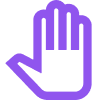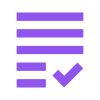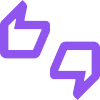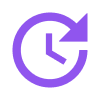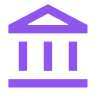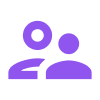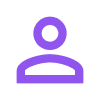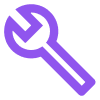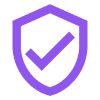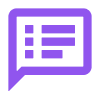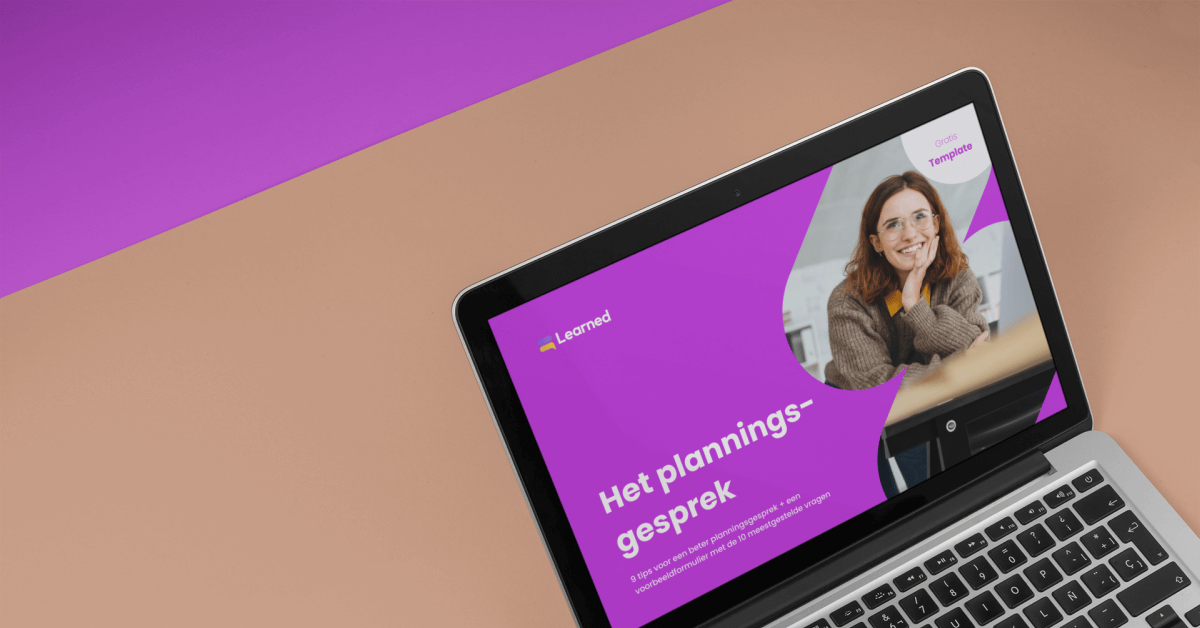The career conversation provides an opportunity for employees to reflect on their careers, set goals and take the necessary steps to achieve results. In this blog we will discuss the what a career interview is and how best to conduct it including a few sample questions from our template.
👉 Curious about all the sample questions? Download this free template for conducting an effective career interview
What is a career interview
A career interview, also called a development, performance or evaluation interview, is a conversation between an employee and his or her supervisor about development, goals and competencies.
It provides an opportunity for employees to discuss their strengths and development needs and helps identify opportunities for growth. It is also a time to receive feedback and discuss strategies for further professional development.
Thus, a career conversation contributes to both the growth of the employee and the success of the organization
How do you conduct a career interview?
Best practices for the career interview
Career conversations play a crucial role in the professional development of employees and in achieving organizational goals. Here are some best practices to ensure that career conversations are effective:
1. Preparation
Both the employee and the manager should prepare well for the conversation. This includes reviewing performance reviews, goals and development plans.
2. Open communication
Encourage open and honest communication. Employees should feel comfortable sharing their goals, concerns and feedback.
3. Target
Set clear goals and expectations for the conversation. What should be achieved and what results should be recorded?
4. Listening
Managers must actively listen to what employees have to say. Understand their needs and goals before giving advice or feedback.
5. Feedback
Provide constructive feedback that focuses on growth and improvement. Both positive and negative feedback should be balanced.
6. Development plans
Work with the employee on a development plan that includes concrete steps to achieve goals and improve skills.
7. Follow up
Provide follow-up after the interview to monitor progress and ensure actions are taken.
8. Documentation
Keep accurate records of career conversations and development plans. This may come in handy in later reviews.
9. Flexibility
Be flexible and adjust career plans as circumstances change.
10. Continuous cycle
Career conversations should be an ongoing cycle, not a one-time event. Regular follow-up and review of goals and plans are essential.
By applying these best practices, organizations can have effective career conversations that promote the growth and development of their employees, ultimately contributing to the success of the organization.
Sample questions for the career interview
To have a transparent and useful career conversation, it is important to ask the right questions.
In this way, you give team members insight into the themes that affect their evaluation, and you can guide them on specific points they can improve.
At Learned, we use 5 themes that guide an objective, transparent career conversation: job satisfaction, performance, development, learning goals and organizational feedback.
These are the best questions to ask by theme 👇
Job satisfaction
1. How have you experienced the workload recently?
2. For you, what were the most inspiring projects and/or work that most energized you?
Performance
3. What are 3 accomplishments you are proud of?
4. What were the biggest barriers to your learning goals and how did you overcome them?
Development
5. What talent would you like to develop further in the coming period?
6. What new skills would you like to learn in the coming period?
Learning Objectives
7. What are your three biggest learning goals of the past period and did you achieve them?
8. Do your learning goals for the upcoming term remain the same?
Continuous improvement
9. What would you like to see improved within the organization, and how?
10. Describe your cooperation with your supervisor/team/direct colleague in 3 words and indicate areas where cooperation could be improved.
More sample questions and practical tips can be found in this free evaluation interview template 👇

Optimize career conversations for growth and development
Learned allows you to conduct efficient and structured career conversations. The platform provides tools and templates to set goals, track performance and create development plans. This enables organizations to effectively manage and support the growth and development of their employees.
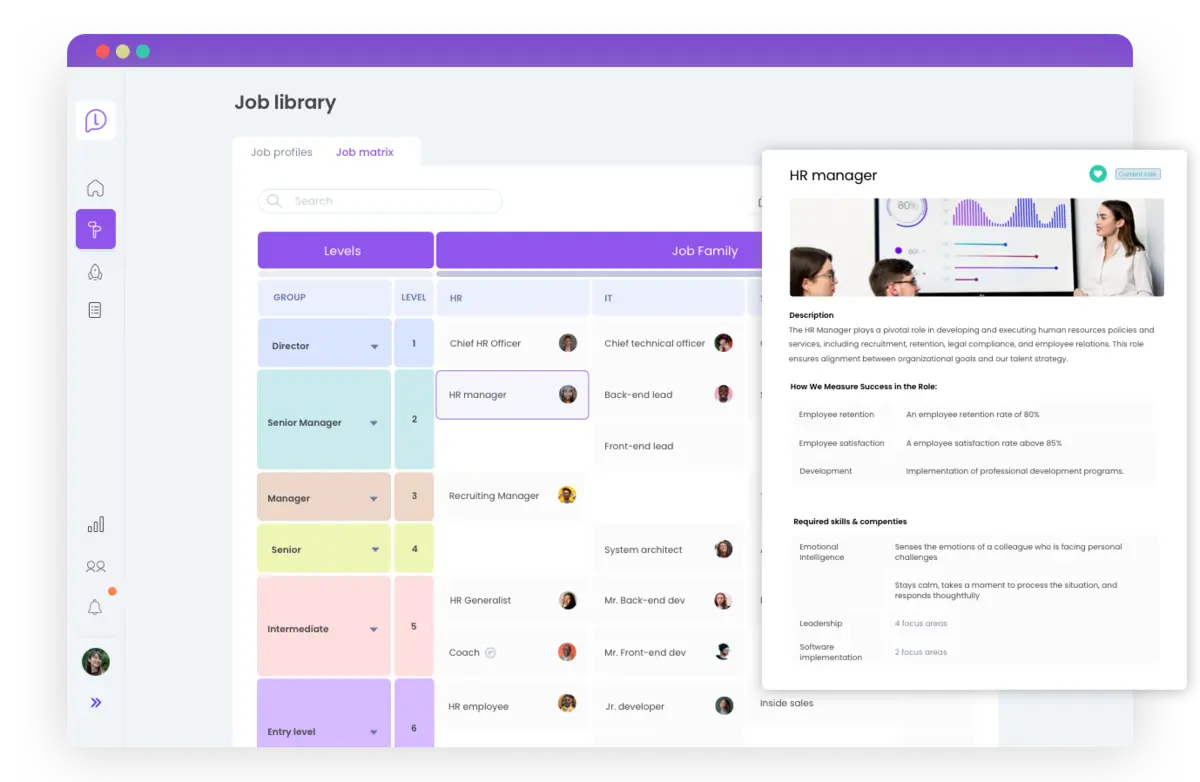
Make your evaluations objective and advancement opportunities transparent. Build a job board easily now with Learned. Try Learned now for 14 days for free!
